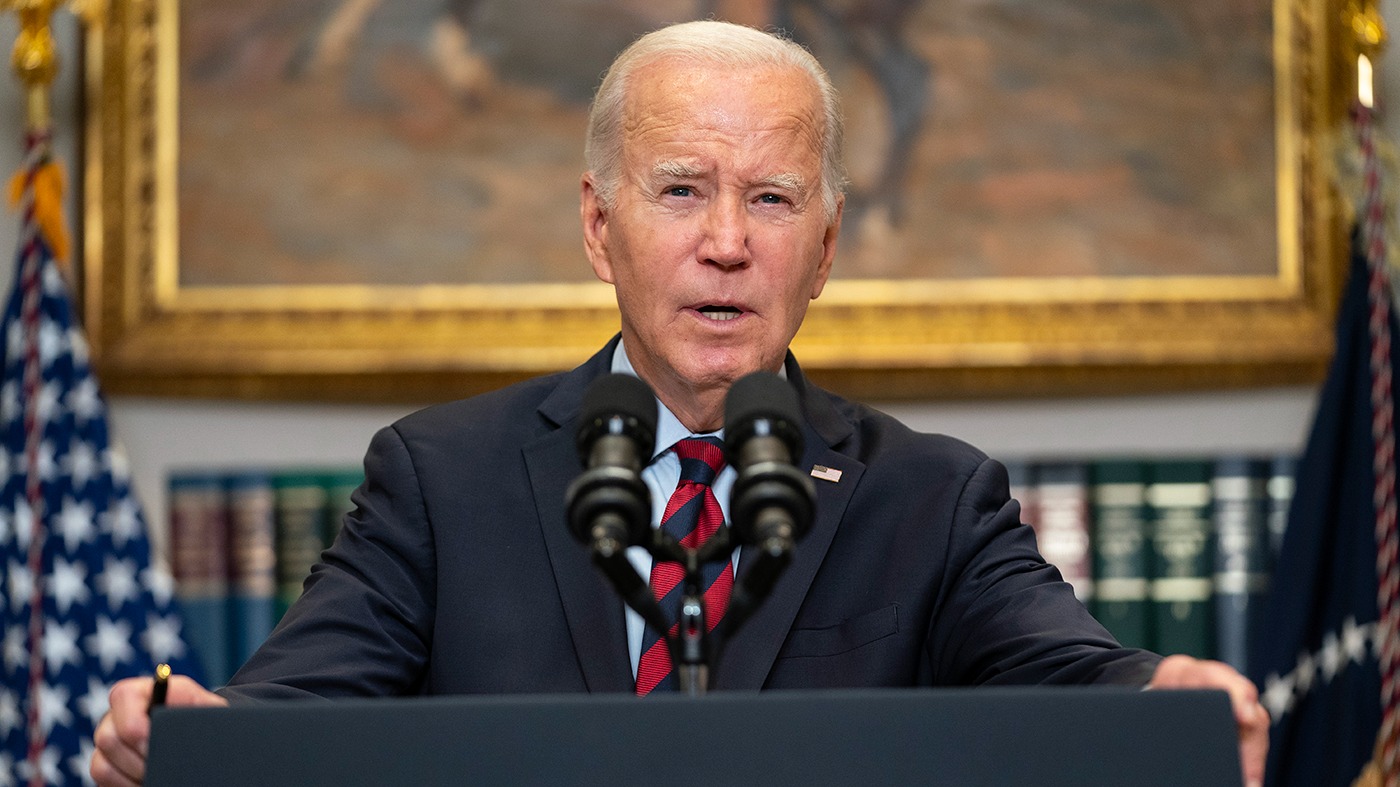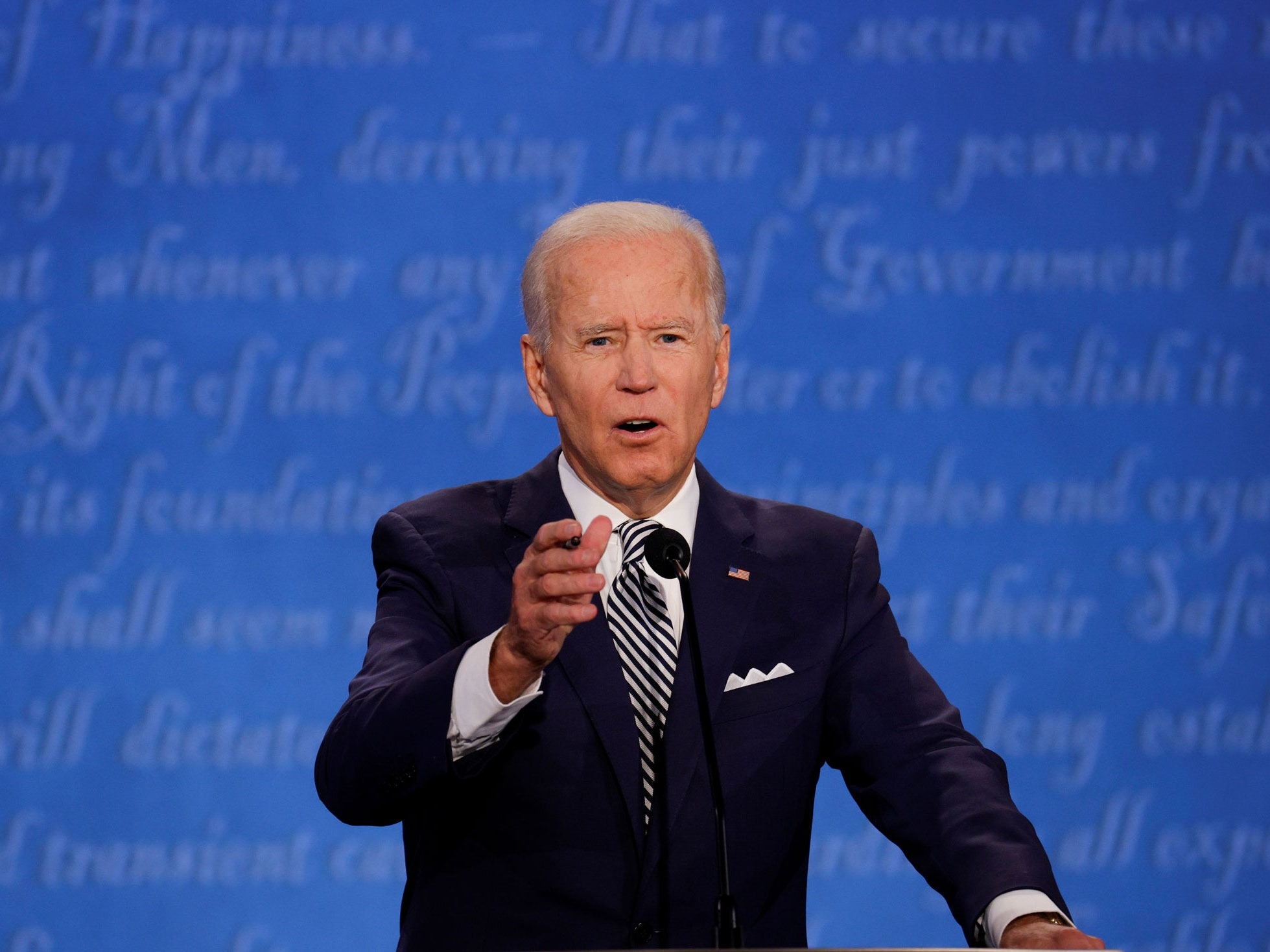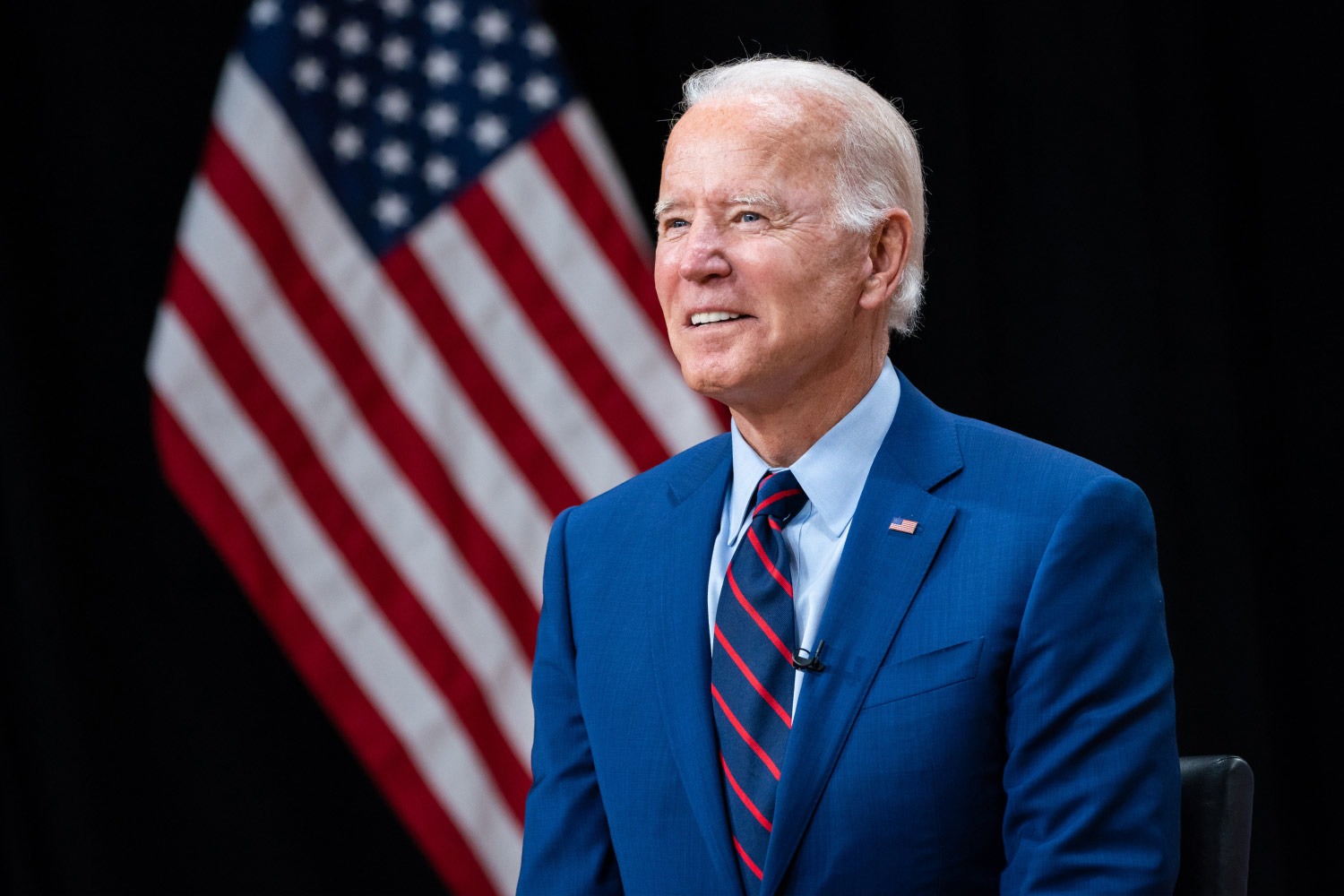The Department of Labor’s recent report on rising consumer prices has caused Democrats to be concerned, especially regarding President Biden’s ability to connect with young voters.
Despite initial confidence due to polling numbers, Biden’s approval ratings and his struggle to resonate with younger demographics are causing alarm within the party.
Former White House chief of staff Ron Klain’s critique of Biden’s economic messaging reflects this unease, with calls to shift focus from infrastructure to addressing the high cost of living. The challenge is fundamental among voters under 30, where Biden’s lead has greatly decreased compared to 2020, especially among voters of color.

Joe Biden (Credits: The Hill)
Biden’s recent proposal to cancel student debt for millions of borrowers is seen as a move to regain support from young voters, but it has not gained huge traction among other pressing issues like inflation, immigration, and foreign policy crises.
Additionally, the program does not directly address the financial struggles of young voters without college degrees, who tend to lean toward Trump.
The upcoming election is expected to highlight reproductive rights as a key issue to mobilize young, especially female, voters, especially in light of recent abortion bans in several states. Trump’s decision to leave the abortion issue to states could provide an opportunity for Democrats to energize their base on this front.

Joe Biden (Credits: The New Yorker)
Finally, Biden’s campaign faces the challenge of crafting a comprehensive message that resonates with young voters beyond student debt relief, especially as the election increasingly becomes a referendum on his presidency.
Engaging with critical issues like economic concerns, healthcare, and reproductive rights will be crucial in securing support from young voters and key swing states in November.























